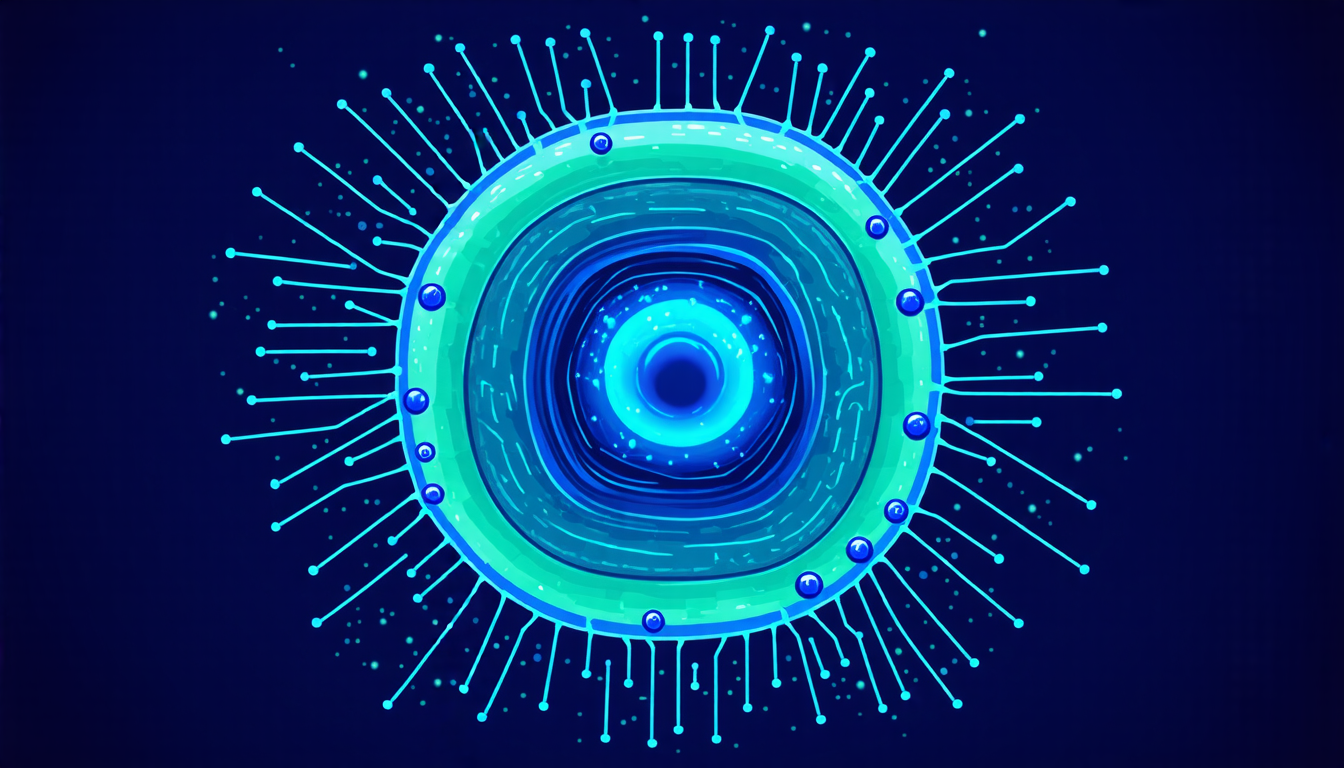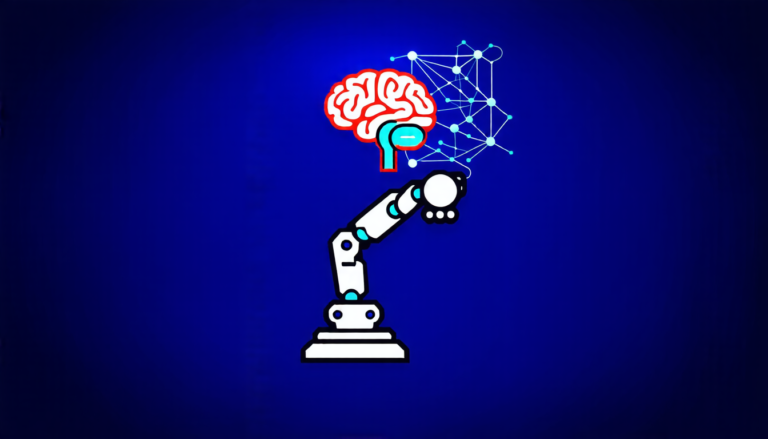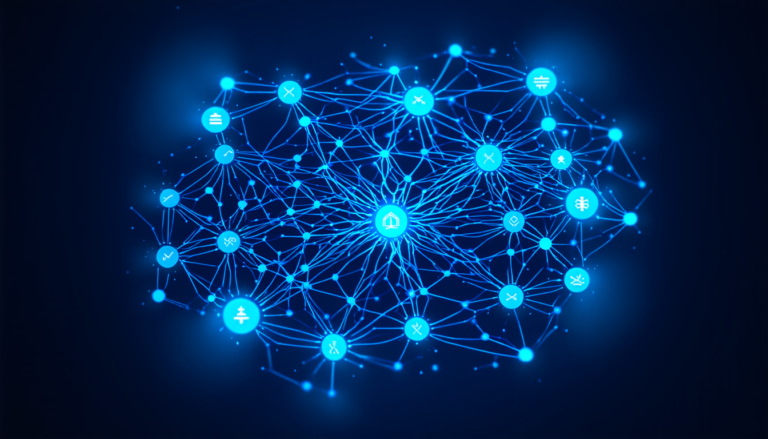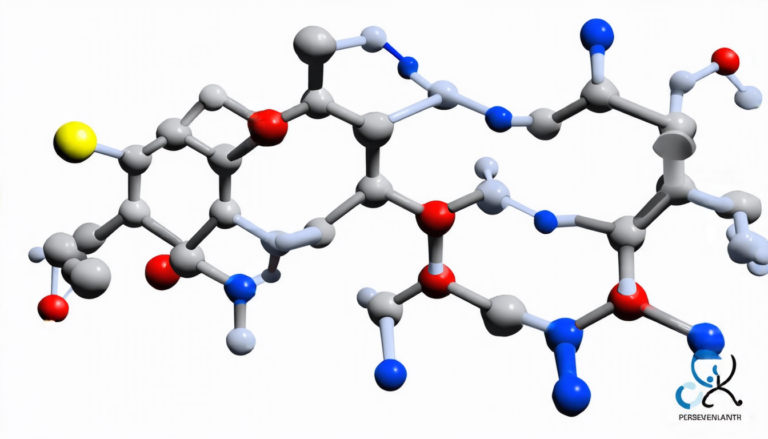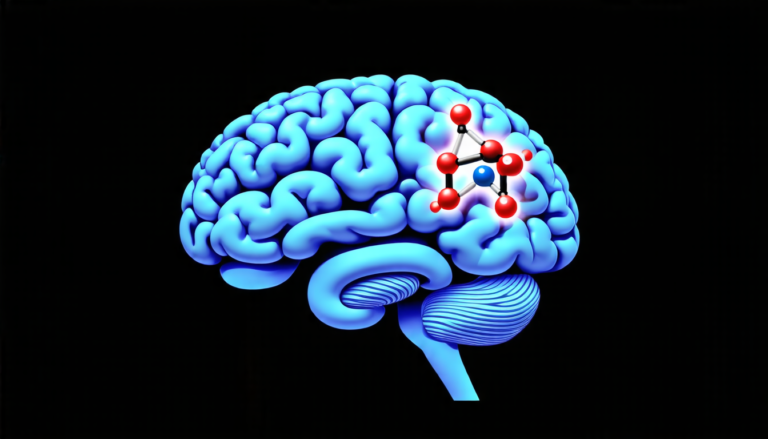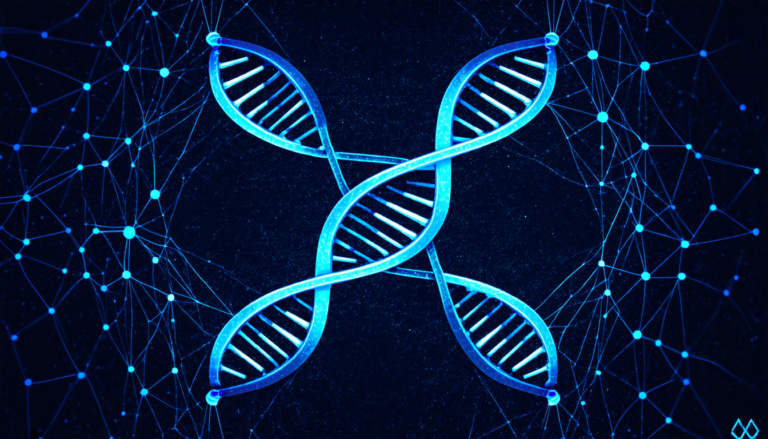Monday 07 April 2025
The way cells generate energy has long been a mystery, but new research is shedding light on the intricate mechanisms at play. It’s all about protons – tiny particles that help power our bodies.
Cells are like tiny factories, using energy from the food we eat to perform vital functions. But how do they convert this energy into usable form? The answer lies in the proton flow. Protons, being positively charged, create an electric potential across cell membranes. This potential difference drives chemical reactions that generate energy-rich molecules, such as ATP.
For decades, scientists have debated whether protons play a direct role in energy production or if they’re simply byproducts of other processes. New research suggests that protons are indeed the key players. By studying the structure and function of enzymes involved in energy production, researchers have discovered how protons help facilitate chemical reactions.
The findings are significant because they provide insight into how cells adapt to changing environments. When cells face stress or changes in their surroundings, they need to adjust their energy production accordingly. The proton flow is crucial in this process, allowing cells to fine-tune their energy output.
Another key aspect of the research is its focus on the nanoscale. Scientists have long been aware that protons play a role in energy production, but it’s only recently that technology has allowed us to study these tiny particles at such a small scale. Using advanced microscopy and spectroscopy techniques, researchers can now observe proton movement in real-time.
The implications of this research are far-reaching. Understanding how cells generate energy could lead to breakthroughs in disease treatment and prevention. For example, diseases such as cancer and Alzheimer’s may be influenced by changes in proton flow or energy production.
Furthermore, the study of protons has broader implications for our understanding of biological systems. It highlights the intricate interplay between molecules and membranes within cells, revealing a complex web of interactions that underlie life itself.
As researchers continue to uncover the secrets of proton-mediated energy production, we may gain new insights into how cells function and respond to their environments. The journey is ongoing, but the potential benefits are vast – a better understanding of the fundamental mechanisms that govern life itself.
Cite this article: “Unraveling the Secrets of Cellular Energy: A New Perspective on Proton Flows and ATP Synthesis”, The Science Archive, 2025.
Cells, Energy Production, Protons, Atp, Enzymes, Nanoscale, Microscopy, Spectroscopy, Biological Systems, Disease Treatment.

